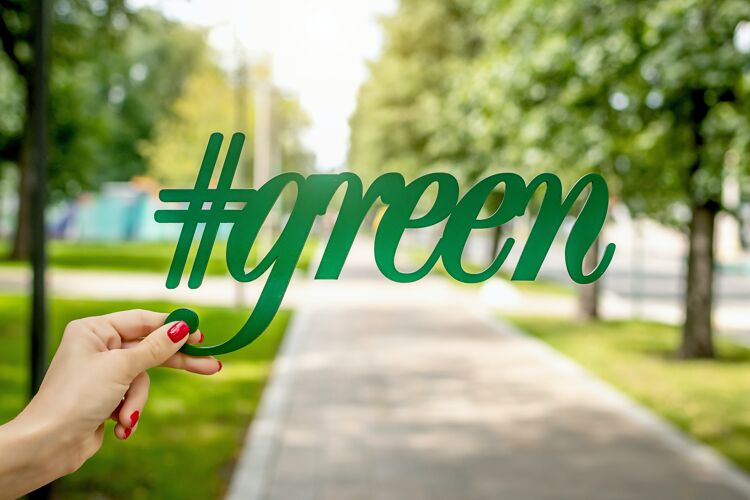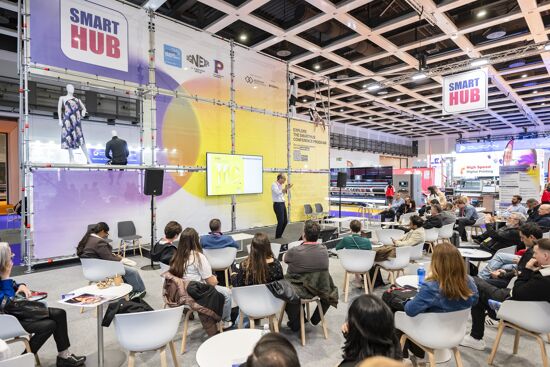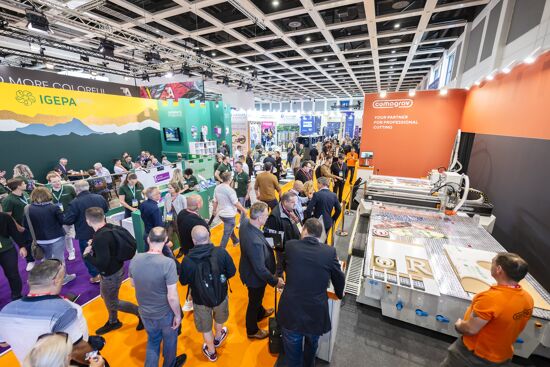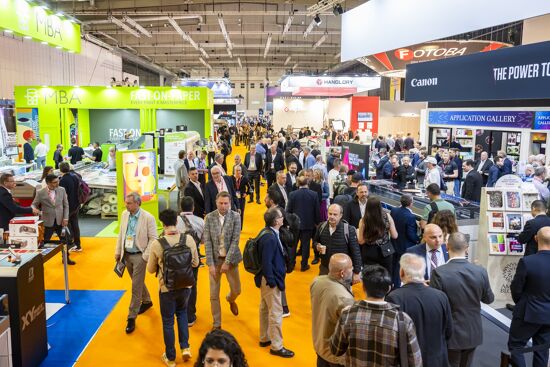Technology drives progress

Laurel Brunner discusses how current technologyin the printing industry is driving change and progress regarding sustainabilty.
Heading into the twilight zone of my career in the graphics industry has lead me to some curious ponderings. Some of them, like the early days working with Apple and Adobe, have been shamelessly nostalgic. But others have been laced with deep frustration. The frustration comes from the fact that we haven’t made faster progress to advance the industry, as it lumbers into the digital age. The stand out annoyances are automated colour management and recycling, both of which have a profound impact on the environmental impact of print.
Workflow automation, whereby data flows to a plate or press seamlessly and with minimal human intervention, still fills too many printers with fear. They are in the data business, and yet are reluctant to commit to technologies that ensures the data on a substrate is accurate. That it can do away with people, even though that has been the direction of travel for years, makes it worse. Printing companies in rude health, like Elanders or DS Smith, embraced digital processing early on and have expanded on the back of process control and automation. They understand that serving customers requires anticipation of changing needs, from personalised postcards to custom packaging.
Recycling is a much harder nut to crack than getting data onto a substrate, but same principle applies. Recycling requires complex changes in raw material supply chains and anticipation of what is required to take used product and turn it into something new. The paper industry reprocesses a mixture of different types of printed products sourced from homes, factories, municipal facilities and elsewhere. There is no control whatsoever in the type of prints that make up these mixtures, so they are inevitably blends of materials printed using different printing methods from gravure and flexo to digital. This really shouldn’t matter because processing technology for recycling should align with technical advances in print.
But for the pulp and paper industry it does matter. It matters a lot because the mix includes printed papers made up different compositions that needs new processing methods and the associated investment. Traditionally the mix has been mostly mechanical pulp fibres based on wood, but printing technology advances mean the percentage woodfree pulp fibres is steadily increasing. Prints sent for recycling will not necessarily be deinkable using methods designed for mechanical pulp and old style offset printing. Such prints will generally fail the industry’s favourite test for deinkability as outlined in ISO 21993. This document describes a deinking test method developed decades ago by INGEDE, an industry association for deinking.
The good news is that ISO is developing a document that describes another test method for mixtures of mechanical and wood free papers. This will far better reflect industry reality and hopefully encourage pulp and paper mill owners to invest in their own futures. The alternative is more waste paper being incinerated rather than recycled, something no one wants.
Source Information: This article was produced by the Verdigris Project, an industry initiative intended to raise awareness of print’s positive environmental impact. This weekly commentary helps printing companies keep up to date with environmental standards, and how environmentally friendly business management can help improve their bottom lines. Verdigris is supported by the following companies: Agfa Graphics, EFI, Fespa, Fujifilm, HP, Kodak, Miraclon, RicohSplash PR, Unity Publishing and Xeikon.
Interested in joining our community?
Enquire today about joining your local FESPA Association or FESPA Direct
Recent news

Industry Experts Explore the Evolution of Smart Manufacturing in the Textile Industry
A FESPA SmartHUB roundtable at Personalisation Experience 2025 discussed smart manufacturing's transformative impact on the textile industry. Experts highlighted the shift to on-demand customisation, driven by digital printing, data analytics, and automation. Key takeaways included enhanced machine control, significant waste reduction through intelligent software and colour management, and improved sustainability via energy efficiency and near-shoring, ensuring agility and environmental responsibility in textile production.

FESPA 2025 gathers leading visionaries from across the speciality print industry in Berlin
FESPA Global Print Expo 2025, European Sign Expo and Personalisation Experience (6 – 9 May 2025, Messe Berlin, Germany) welcomed Visionaries from across the speciality print industry to shape the future of print, develop forward-thinking business strategies, and explore innovative ways to translate emerging industry trends into tangible growth opportunities.

Exploring Cutting-Edge Textile Printing Innovation with Adobe Print Engine 7
Adobe PDF Print Engine 7, launched at FESPA Global Print 2025, significantly advances textile printing. Debbie McKeegan shares how it automates non-white substrate management and RGB colour handling, expands colour gamuts with in-RIP multicolour transparency blending, and streamlines workflows for efficiency and sustainability. This update boosts customisation, reduces waste, and positions businesses at the forefront of digital print innovation.

FESPA Global Print Expo 2025 - Overall Highlights
FESPA Global Print Expo, Europe's leading print and signage exhibition returned to Messe Berlin from 6 - 9 May 2025.